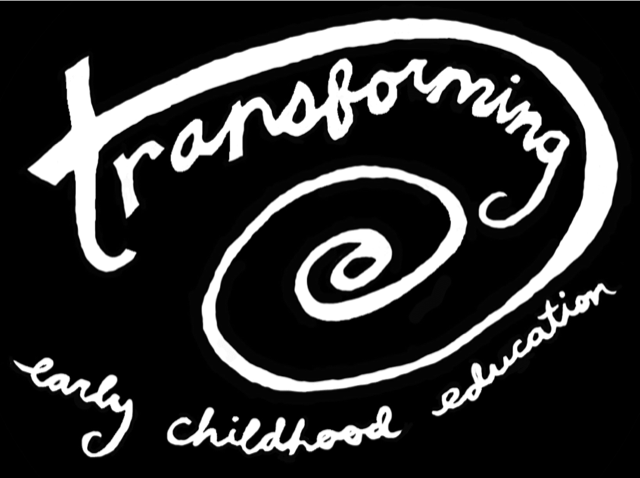Conversation vs Confrontation
Conversation vs Confrontation
I have the privilege of spending lots of time with early childhood professionals. One of the first things we always discuss, regardless of the workshop focus, is our ability (or inability) to communicate effectively with our teaching peers.
The key to co-teaching in the early childhood classroom is the ability to communicate clearly and effectively with our teaching partners. It doesn’t matter if we have the perfect lesson plan or amazing materials in our learning environments. If we aren’t able to clearly communicate with our teaching partners, everything in our classroom feels overwhelming.
One way we practice our communication skills during my sessions is to sit back to back with our teaching partner. One of the partners collects some blocks but isn’t allowed to show the blocks to their partner. The partner without the blocks has to ask the partner with the blocks questions about what type of blocks they have, as they will be instructing the partner with the blocks on what to build. This takes a lot of patience and the ability to communicate clearly and ask clarifying questions when needed. This is the perfect opportunity for your staff meetings program leaders ;)
After the communication opportunity, we discuss what went well and what we need to work on. During this discussion, we always seem to land on the same issue: “ I don’t want to have a confrontation with my teaching partner.” Our inability to understand the difference between confrontation and conversation damages our teaching-partner relationships.
Coming At Someone = Confrontation
Coming To Someone = Conversation
We need to practice coming to our teaching peers to share our thoughts, ideas, and concerns.



